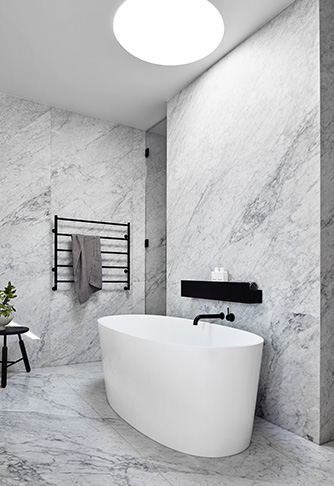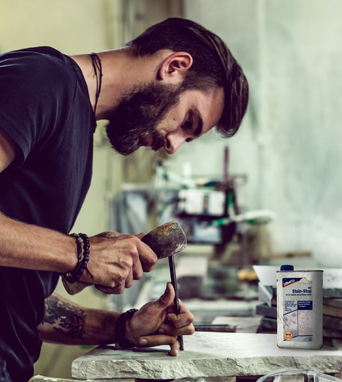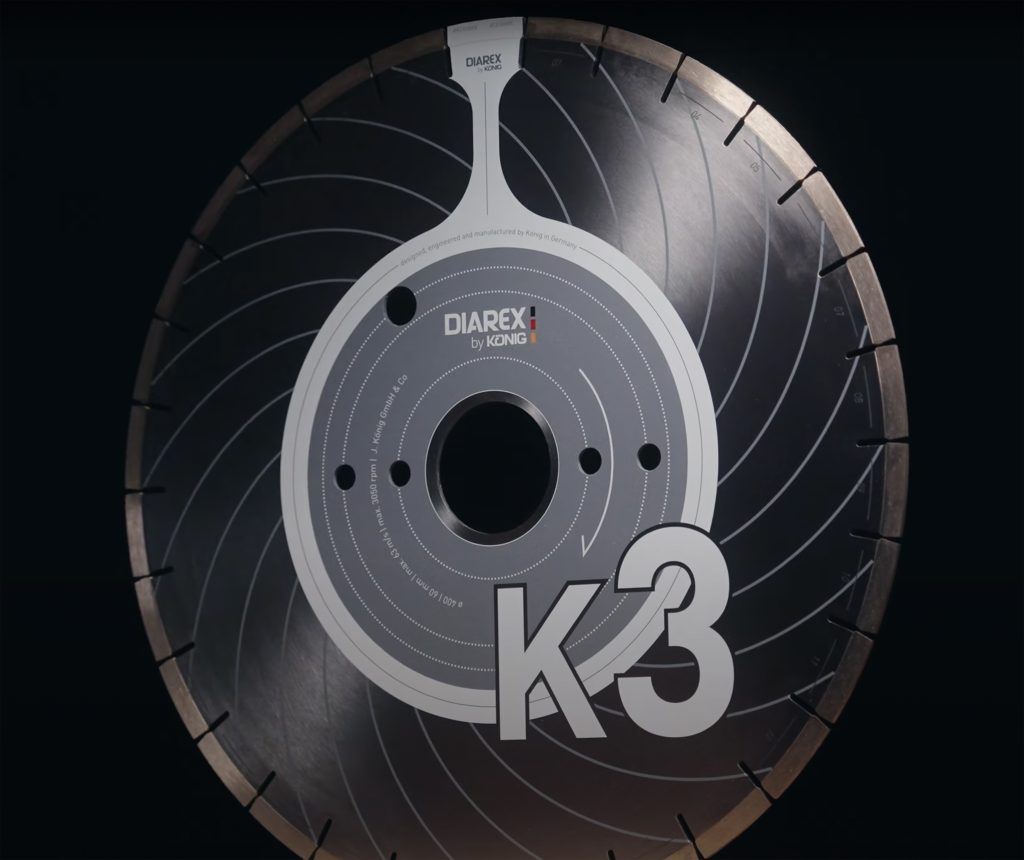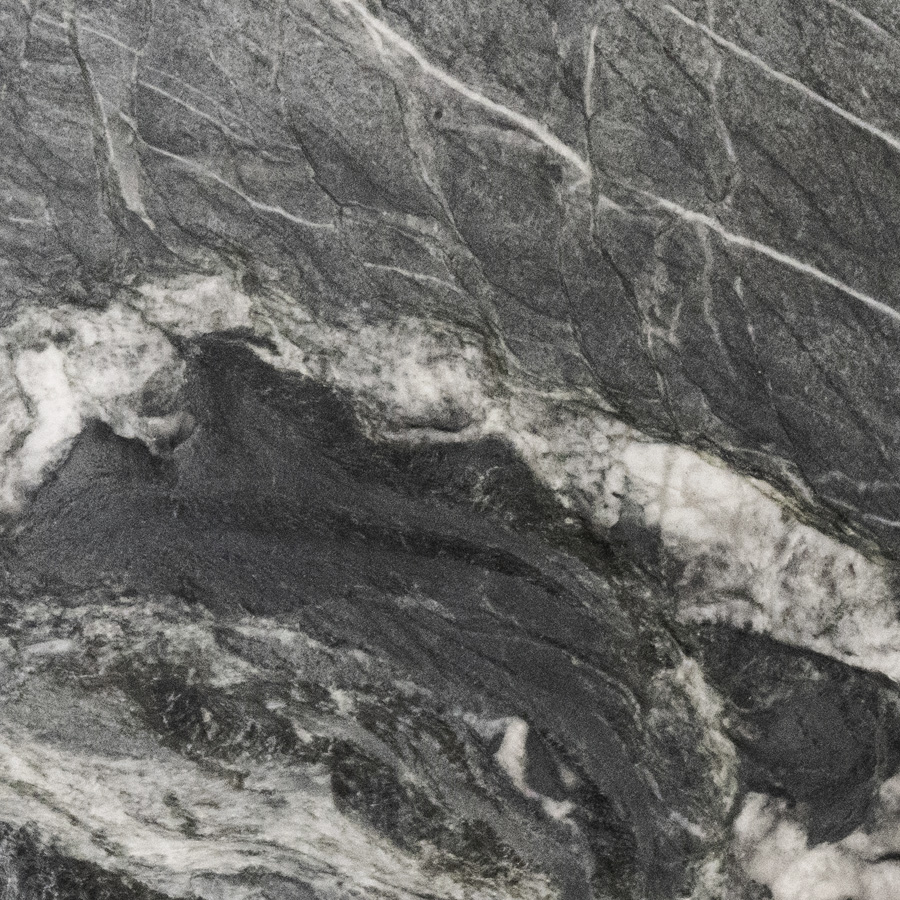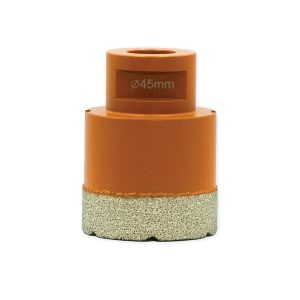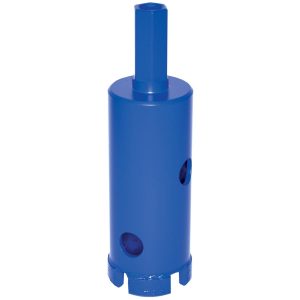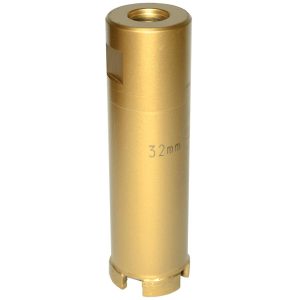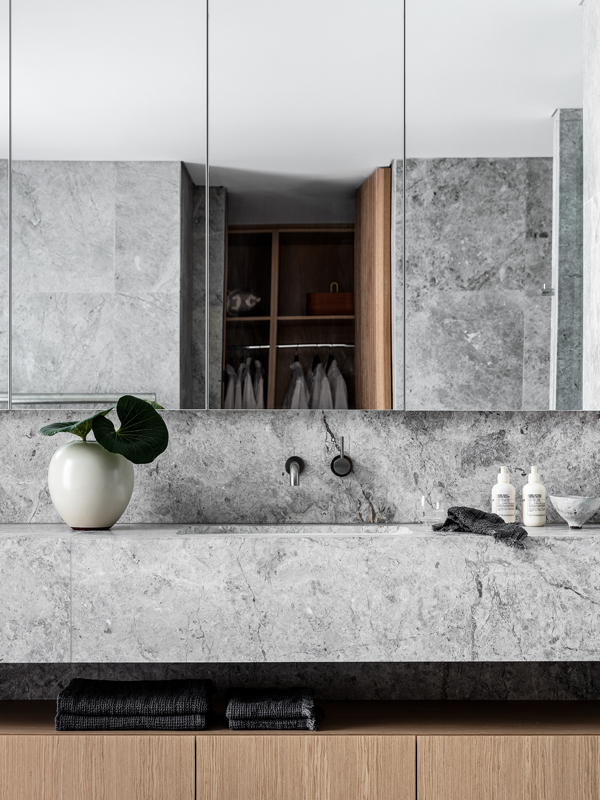Machinery, Tools & Equipment
Porcelain Processing in Australia
What’s the ultimate strategy amidst rising demand?
In the current Australian market, there is a growing trend towards using porcelain, favoured by architects, interior designers, and consumers. This change is driven by factors like government policies and a move towards safer, more sustainable materials, highlighting the important role of stone masons and fabricators as they adjust to these shifts. With the rising demand for porcelain, a key question emerges: How can they effectively process porcelain in this evolving market?
The solution lies in two areas: gaining a deep understanding of porcelain as a material and choosing the right tools for its processing. Alongside this knowledge, it is crucial to select tools that are efficient, precise, and specially designed for porcelain, ensuring high-quality results in kitchens and bathrooms.
Q: Can a saw cut porcelain?
A: Waterjet cutting has long been recognised as the gold standard for precision cutting in the industry. However, recent advancements in blade technology have paved the way for a new alternative. Equipped with these innovations, saws have now emerged as viable options for porcelain processing, provided that the right tools and parameters are utilised.
Cutting through the myriad options, the Diarex Konig K3+ blade emerges as a favourite for cutting porcelain and ceramic.
Specifically engineered for ultra-compact surfaces and ceramics, its superior performance and extended lifespan make it a cornerstone for porcelain processing. With its ability to maintain low-pressure and low-stress machining.
The Diarex K5 Bridge Saw Blade also offers a new dimension to porcelain processing, with its advanced diamond segments ensuring superior precision and minimal edge chipping. Developed and manufactured in Germany, the K5 exemplifies the fusion of innovation and reliability, catering to the exacting standards of Australian stonemasons.
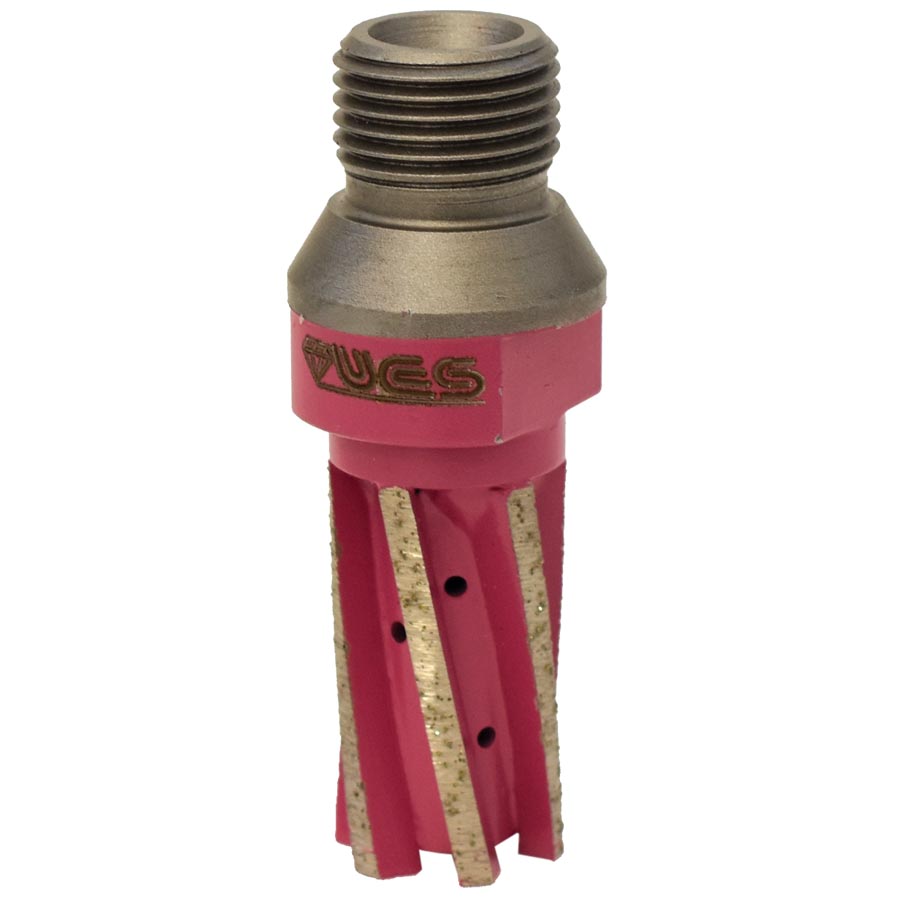
Q: Is there select milling, grinding and edge polishing tools for porcelain?
A: The ADI UCS line brings innovative tools to the industry specifically designed for
ultra-hard materials such as: porcelain, ceramic, Ultra Compact Surfaces and Sintered Stone. Their range of milling fingers, grinding cups, core drills and profile tools ensure exceptional performance and precision, setting a new benchmark for porcelain processing in Australia.
Q: Is there a recommended adhesive for porcelain?
A: Bonding porcelain materials can be quite challenging due to their minimal porosity, providing little surface for the adhesive to adhere to. When selecting an adhesive for porcelain, opt for a product explicitly formulated for bonding ceramics or porcelain. These formulations often incorporate special additives to improve adhesion and reduce discoloration over time. While there are several excellent options available including Integra Rapid, Integra Zero and Superior Gold, Integra’s Surface Bonder Ultra stands out with its exceptional qualities. Surface Bonder Ultra offers remarkable versatility, firmly adhering to porcelain, ceramics, and sintered stone with ease. Notably, its extreme UV resistance and will prevent yellowing and slight flexibility maintains a strong bond even when faced with expansion and contraction created by temperature cycles.
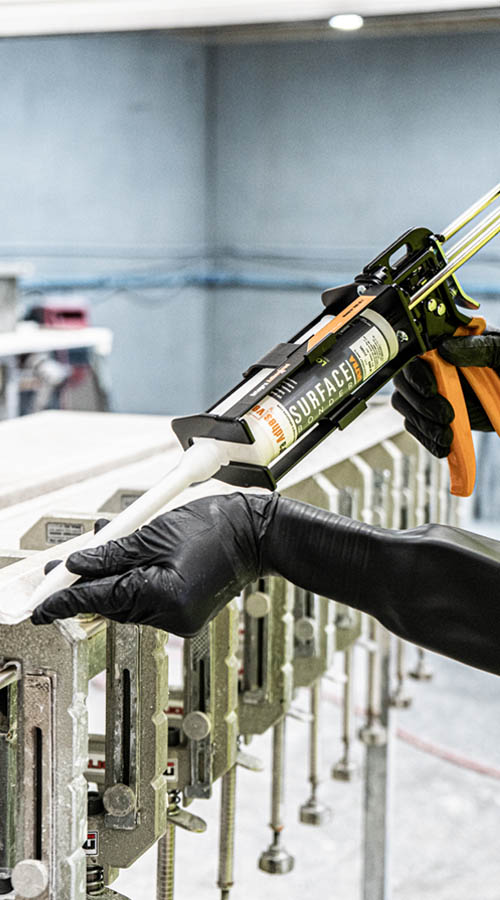
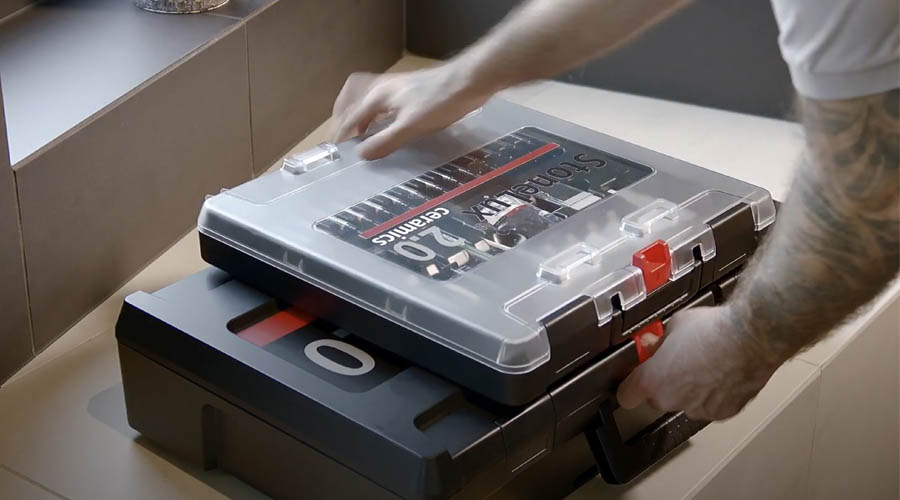
Q: What tools are available for repairing chips in porcelain?
A: For an optimised repair solution, the StoneLux 2.0 Ceramics kit is great for fixing chips in porcelain. This kit is specifically designed for repairing surfaces made of quartz and ceramic. It not only helps in restoring the surface to its original state but also offers a range of colours to match modern designs. Additionally, StoneLux 2.0 Ceramic Kit can replicate the natural patterns found in stone, ensuring a seamless repair job that blends well with the existing surface.
Further Support
CDK Stone provides support for stone masons who are navigating the complexities of processing porcelain with their bespoke machinery and factory set-ups. They offer guidance in selecting appropriate tools and adjusting machine settings, ensuring an effective approach to porcelain processing. This service is a valuable reference for professionals seeking to optimise their techniques in this specialised area.


